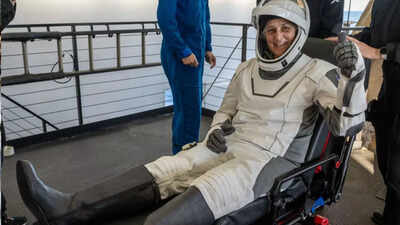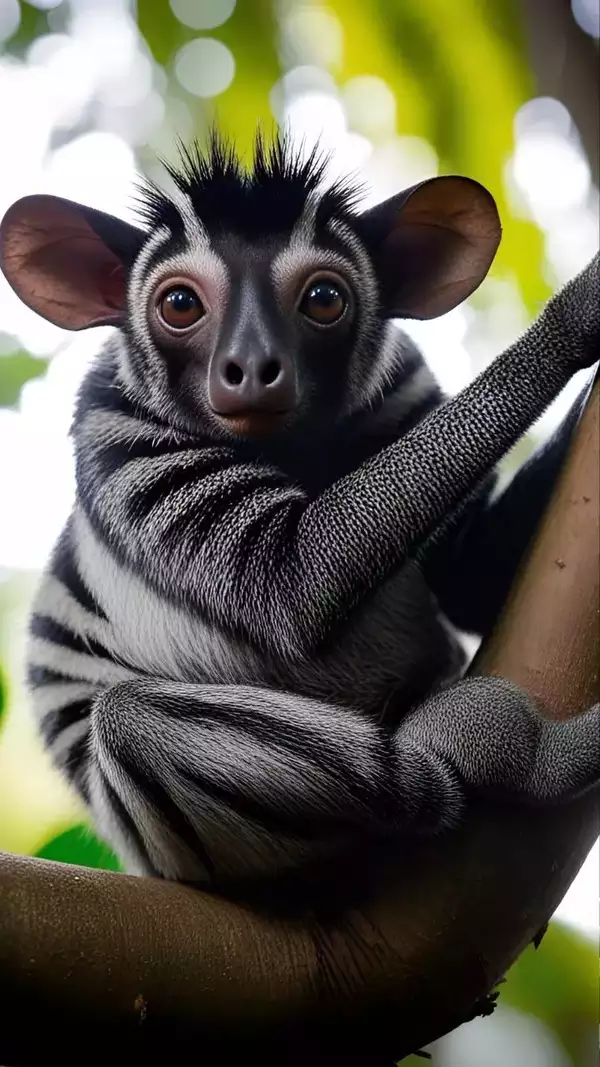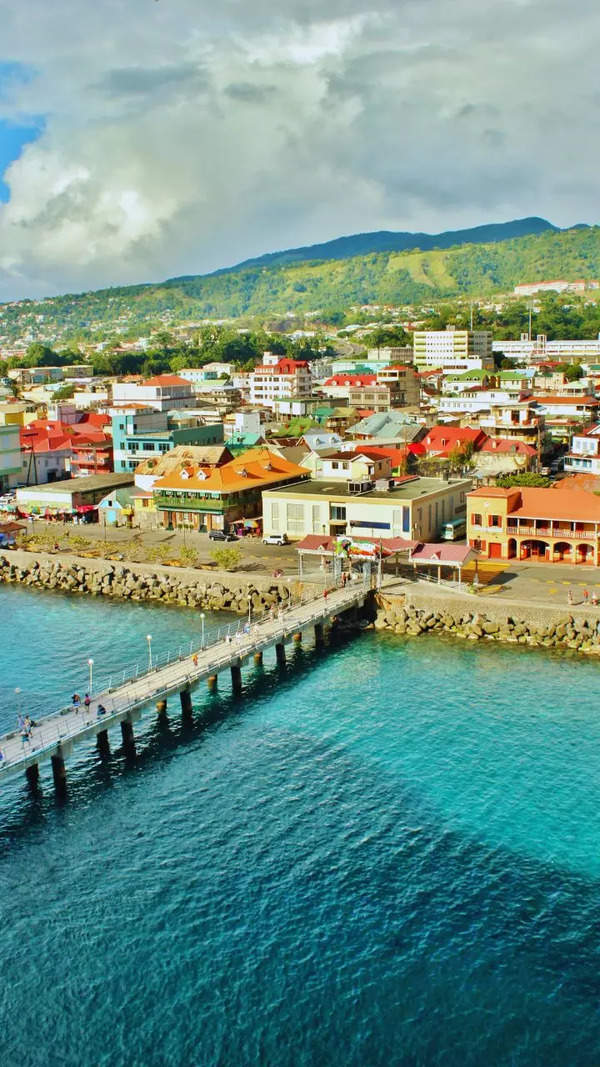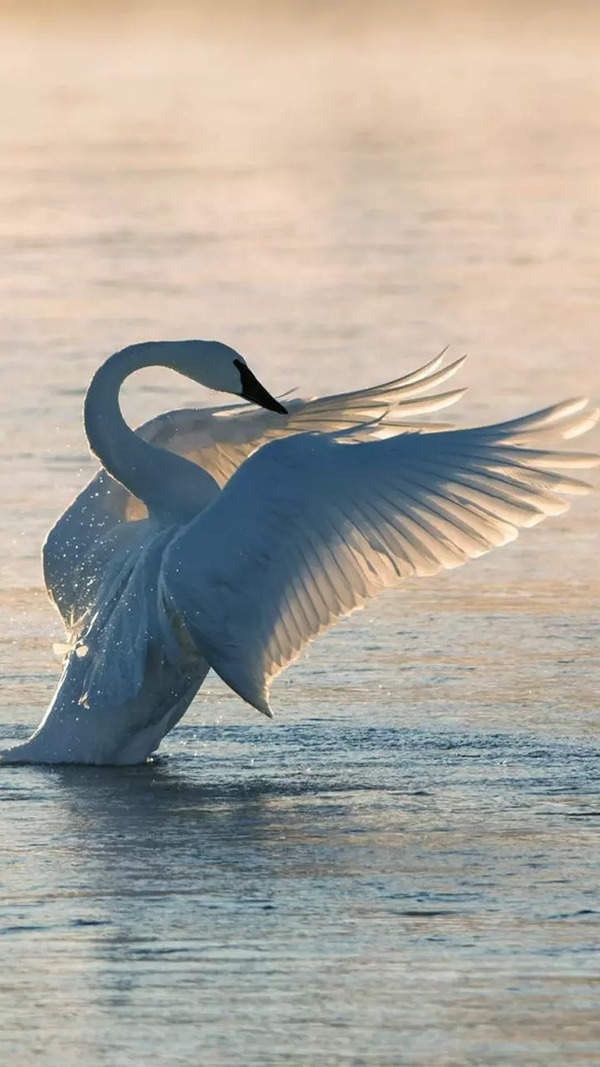Trending
NASA astronauts Sunita Williams and Butch Wilmore will not get any overtime for their extended space stay, but will get THIS
NASA astronauts Suni Williams and Butch Wilmore spent an extra 278 days aboard the ISS without additional pay due to a spacecraft malfunction. They received only a $5 daily allowance for incidentals, highlighting the conditions of government employees on official travel orders, despite the demands of space travel.
When a work trip unexpectedly extends from eight days to nine months, most employees would expect some form of overtime compensation. However, NASA astronauts Suni Williams and Butch Wilmore, who spent an extra 278 days aboard the International Space Station (ISS) after a spacecraft malfunction and received no such extra pay. Instead, they were treated like any other government employee on official travel orders, getting an amount equivalent to peanuts, as per NASA’s rules.
On Tuesday, the astronauts safely returned to Earth after an extended stay in space that began last summer, ending with a splashdown off Florida’s Gulf Coast. Their journey had kept the public hooked for months while they were stranded in space, as a result of a malfunction in their spacecraft that delayed their return. Despite the hardships of space travel, such as the physical toll of muscle and bone loss, neither astronaut received overtime, weekend, or holiday pay.
As reported by the New York Times, Jimi Russell, a spokesperson for NASA's Space Operations Mission Directorate said, "While in space, NASA astronauts are on official travel orders as federal employees."
This $5 daily allowance is intended to cover incidental expenses like tips or minor fees, usually for porters, baggage carriers, hotel staff, or cruise employees. For the astronauts, who were 250 miles above Earth, it's unclear what these expenses might have been. In total, over their 286 days in space, Williams and Wilmore each received around $1,430 for incidentals, in addition to their standard annual salary of approximately $152,258.
While the $5 daily allowance might seem small considering the demands of space travel, Williams didn’t seem to mind. As per reports, “This is my happy place,” she told reporters in September. “I love being up here in space. It’s just fun, you know?”
However, this amount is relatively generous compared to past astronauts.
For instance, NASA astronaut Clayton Anderson, who spent 152 days aboard the ISS in 2007, received a per diem of only about $1.20 a day—roughly $172 in total. Reflecting on his experience, Anderson, in a 2022 social media post, stated, “Being an astronaut was amazing and his dream job… but it IS a government job with government pay.” He humorously added, “I would have done WAY better with mileage!”
End of Article
FOLLOW US ON SOCIAL MEDIA
Visual Stories
Tired of too many ads?










